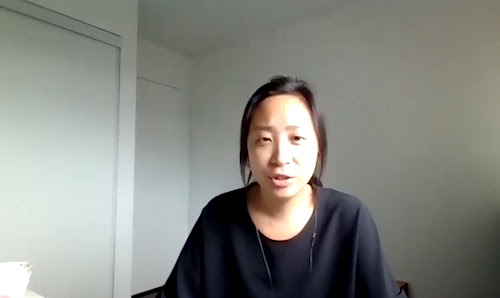International Overdose Awareness Day In Moss Park

Finding strength and solidarity in the face of the coronavirus pandemic. The coronavirus pandemic has wreaked havoc in every sector of society. However, it is in the closely-knit downtown core of large urban centers that fabric of daily life has become even more exacerbated. In Toronto’s downtown east side neighbourhood of Moss Park, a community typically described as occupying east of Jarvis Street to Parliament street, and south of Queen street to Dundas street, coping with the pandemic has been particularly challenging. This is because Moss Park not only comprises of public housing complexes, but also a number of low-income rental units, rooming houses and several homeless shelters all of which contribute to the housing needs of the city’s most vulnerable people, including a significant population of people struggling with poverty, addictions and mental health. For those living in poverty and struggling with mental health and addictions, finding the support to negotia...







